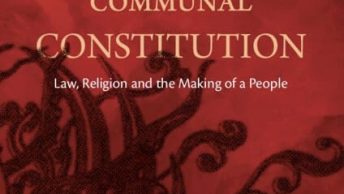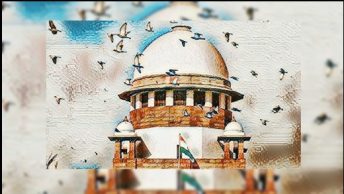“Proportionality” and the Supreme Court of India
In a paper published in the latest issue of the Oxford University Commonwealth Law Journal, I explore the proportionality doctrine as applied by the Supreme Court of India. An earlier version of the paper is available on SSRN. Here’s an abstract:
“In a case decided in the year 2000, the Supreme Court of India held, for perhaps the first time in its history, that the proportionality doctrine could be used to test the validity of certain kinds of administrative decisions. However, in subsequent cases, in an ostensible exercise of the new proportionality doctrine, the Supreme Court of India has continued only to apply the old doctrines of judicial review with which it was most familiar, particularly the doctrine of Wednesbury unreasonableness. By empirically investigating a group of cases in which the “proportionality” doctrine is most commonly used by the Supreme Court of India – public sector employment cases – this paper argues that the proportionality doctrine in India is not really what it is elsewhere.”





Nice Analysis Sir. In fact, in law school as well, we were taught that the indian courts are shifting from the wednesbury principle to the proportionality test. This paper definitely cleared a lot of my doubts relating to this topic.